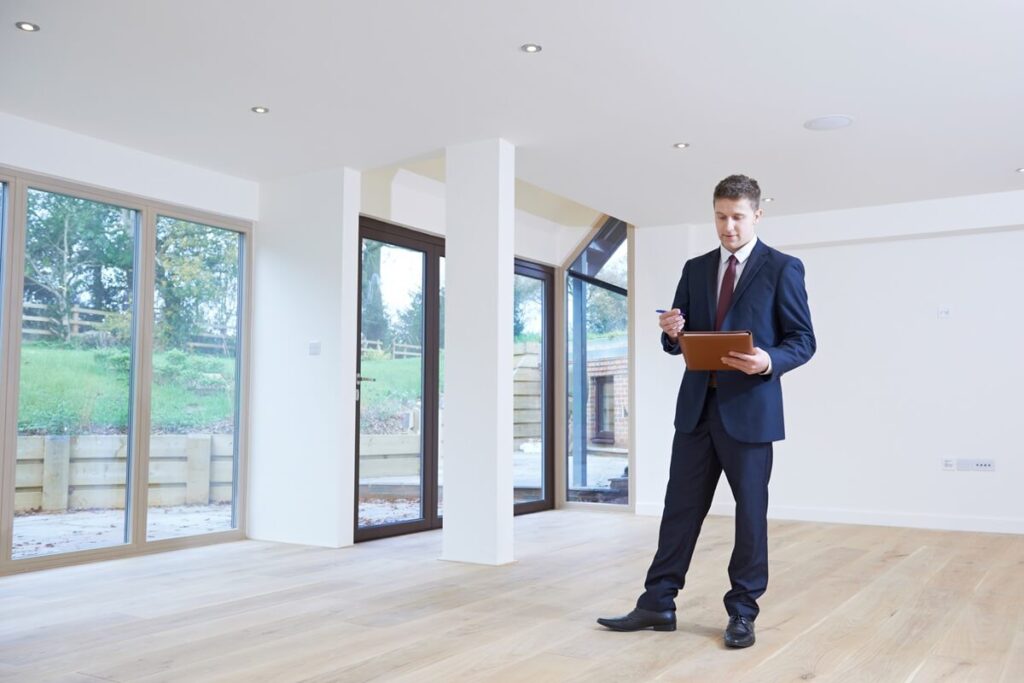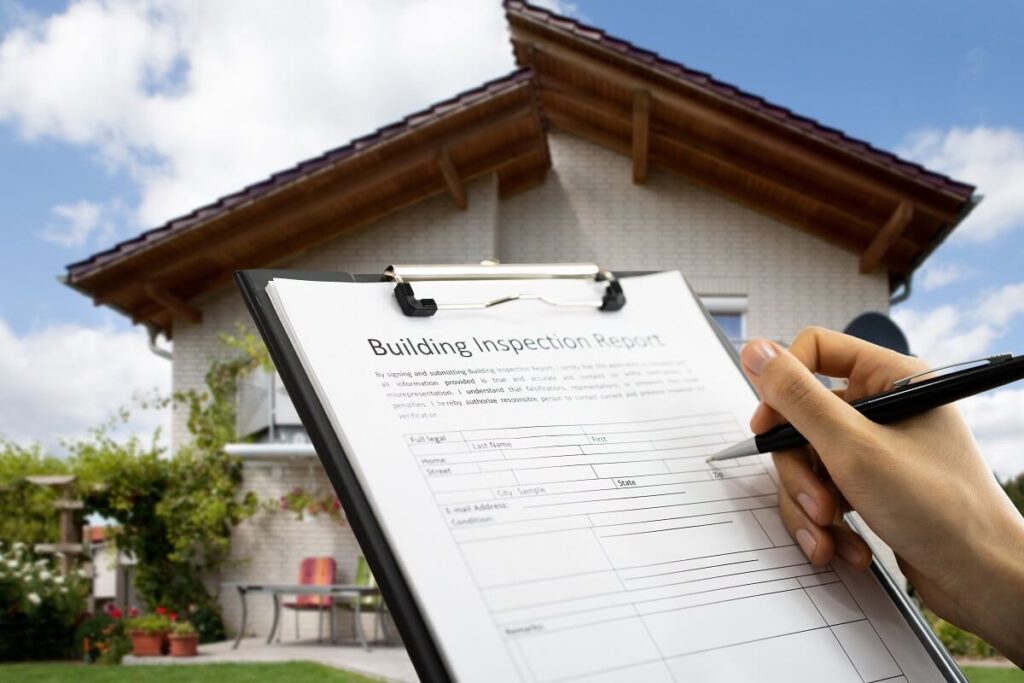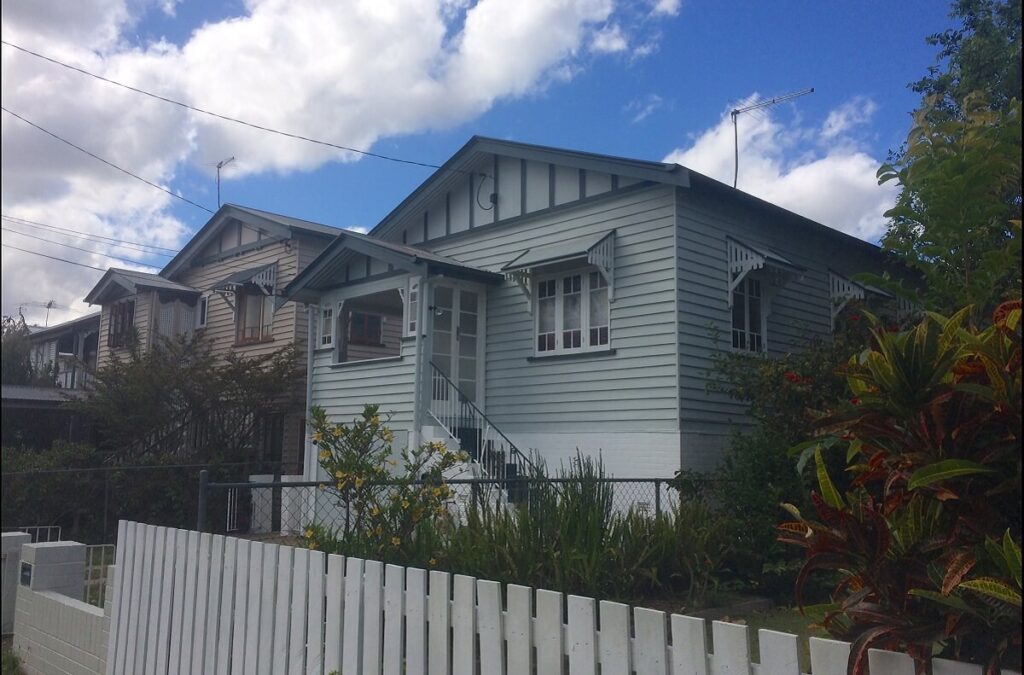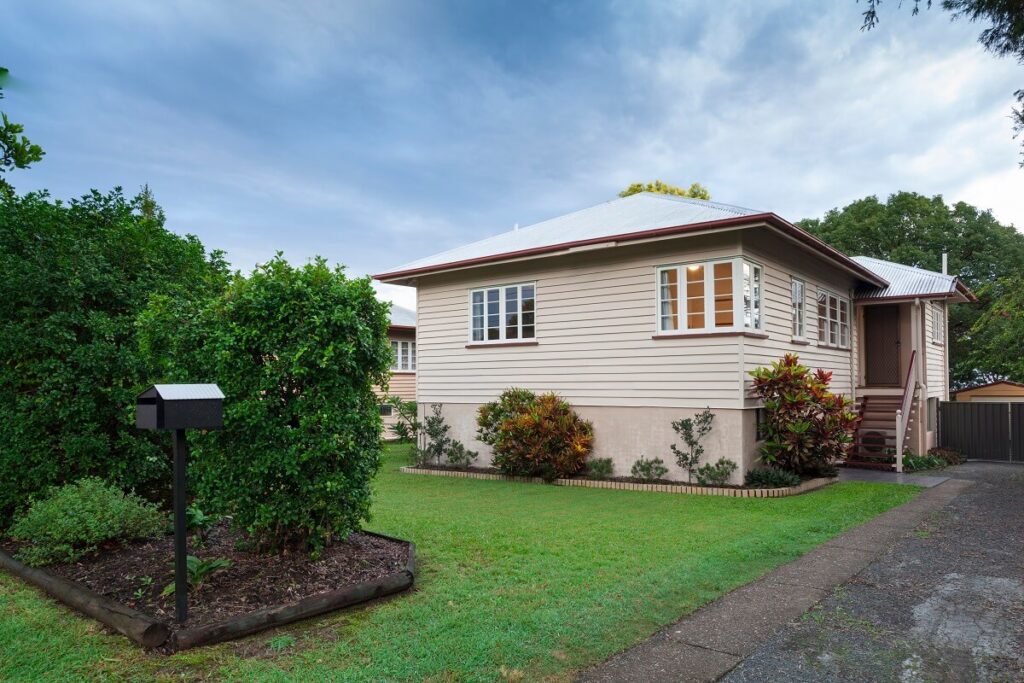The Building Inspection Timeline – Auction Vs Private Treaty
Updated June 2024 by Andrew Mackintosh
Buying at auction and buying by private treaty (the regular way) has two distinctly different purchasing timelines and if you miss a step, it could cost you, well, everything. The building inspection timeline is very different. No matter how you buy, once you pay your deposit, you’re in for a wild ride. It’s enough to drive a buyer to drink…. Assuming you have your financial ducks in a row, the biggest hurdle is the building inspection process. But, how you buy your property will determine how your inspection booking works.
Takeaways
- Book your inspections early
- Remember that you may need to take further action once you have your inspection report
- Auctions follow a very different timeline
- At peak times, getting an available building inspector can be tough. Choose your inspector PRIOR to choosing a property for minimal delays.
Working out when to get your pre-purchase building inspection done
Working out when to schedule your pre-purchase building inspection depends on how the property is being sold. The two most common ways in which residential properties change hands in Queensland are:
- via auction, and
- sales via private treaty.
Inspection timeline when buying by private treaty
From the moment you fall in love with a property, you’re running against the clock. Your offer is in and you’re off and racing. Your going to miss the long slow drudgery of finance pre-approval and endless open homes. Once that offer goes in, you’ve got a tiny window to get your ducks in a row. Usually, you have 14 days for building and pest, and 21 days for finance to go “unconditional”. In that tiny little window, you will need to make some of most important financial decisions of your life.
Properties not sold at auction may be sold via a treaty or private sale. Usually, the property is listed on the market, inspections are scheduled and interested parties make offers which are then submitted to the vendor for consideration. It would be ideal to have all this sorted before you make an offer but alas, it all happens in that very tight window.
Pay the minimum possible deposit
The term “Subject to Building and Pest” refers to the building receiving satisfactory inspections. Satisfactory is a subjective term and what you as the buyer may consider a deal breaker, may seem like a minor issue to a seller. The seller can refuse to return your deposit if the building and pest inspection reports aren’t “satisfactorily bad” in their opinion. So, only pay the minimum deposit, usually $1000. If the seller is demanding a bigger deposit, be careful. They may know what the inspector will discover!
Where possible, book your inspections in the cooling-off period
One of the key points of difference between a residential property bought at auction and a property the subject of a sale via treaty is that the latter attracts a 5 business day statutory cooling off-period. In certain circumstances, you may be able to step away from the purchase, but it might not be an easy process. You might also have to pay a penalty if you do decide to back out of the sale during the cooling-off period. That penalty (up to 0.25%) is taken out of your deposit. That’s a substantial amount of money to lose for changing your mind.
In short, don’t just assume that you can wait and get your pre-purchase building inspection done after making an offer and then back out if you’re unhappy with the true state of the property. Your best bet is always to organise a professional pre-purchase building inspection as early as possible.
Don’t forget you need to action the report!
Once you have your building or pest report, you may need to action it. That could involved getting tradies out to quote on any issues uncovered. There could be nothing to do next, or a lot to do next. And you go unconditional just three weeks after making your offer. It’s all major financial decisions and a teeny tiny window make them!
Book an Inspection
Buying Property at Auctions
STOP. You need to book your pest and building inspections in PRIOR to the auction day.
An auction involves competing parties bidding publically on a property on a set date and at a set time. The successful bidder enters into a contract of sale then and there. The upshot is that they’re legally obliged to complete the contract. For that reason, if you’re bidding on a property at auction, you must obtain a pre-purchase property inspection report before the auction date.
If it’s an unfavourable report, there’s nothing stopping you from simply walking away. Your small investment will have saved you potentially tens of thousands of dollars and a whole world of heartache.
Alternatively, you can bid cautiously on the property, keeping in mind the defects and other problems uncovered in the pre-purchase building inspection and how they should be properly factored in to drive its value down. Keep in mind that other bidders might not be aware of the defects and may bid enthusiastically and without the same restraint as you.
Combination Property Purchases
If the property is passed in at auction you’re armed with sufficient information about the state of the property so as to enter into meaningful negotiations with the vendor’s representative. It’s the sort of bargaining chip that can translate into a lower purchase price.
If you buy at auction or you’re a registered bidder and you then go on to buy the property via private treaty on the same day or next day, there’s no cooling-off period. This is particularly important if you haven’t yet obtained a building inspection. You’re stuck with it.
When you bid on a property at auction, you can’t make your bid conditional on getting a satisfactory pre-purchase inspection. Your bid is unconditional. Your only protection is to obtain a pre-purchase inspection report before the auction so that you’re fully informed about the state of the property before you commit to the purchase.
Finding a pre-purchase building inspector
Do your due dilligence. There’s some shonky inspectors out there.
- In Queensland, only a certified Pre-Purchase Building Inspector or a registered architect can undertake a pre-purchase building inspection. This means that your building inspector must have obtained the appropriate licence from the Queensland Building and Construction Commission (QBCC).
- Your pre-purchase building inspection report must also comply with the stringent requirements set out under Australian Standards, in particular, AS4349.1.
- Your pre-purchase building inspector is also required to carry professional indemnity insurance and is subject to the QBCC’s complaint-handling framework.
- If they have all those things, ask them for a copy of their report – learn what to look for in a building inspection report here.
Download an example report here.
What you should look for in a pre-purchase building inspector
It’s not enough for your pre-purchase building inspector to be qualified, licensed and insured. You should look for someone who’s experienced, professional and has great verbal and written communication skills. They need to be able to break down complex problems into plain English.
Perhaps most importantly, they should have a well-developed sense of urgency. You want someone who can:
- complete a comprehensive inspection of your property as soon as possible;
- provide you with a prompt verbal report; and
- follow up with an in-depth written report that meets the stringent Australian standards.
Crucially, they need to be able to do this within a very tight timeframe; often a matter of days. This means that you can comfortably obtain your report, evaluate its contents and weigh up your options before having to put pen to paper and commit yourself to what could be the single biggest financial decision, or mistake, of your life.
Making sure you’ve got a safety net there to catch you is the key to confidently soaring to new and exhilarating heights of property ownership with the greatest of ease. A pre-purchase building inspection is that safety net.













